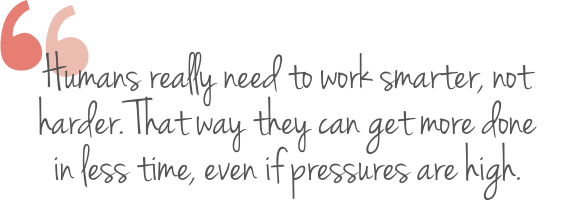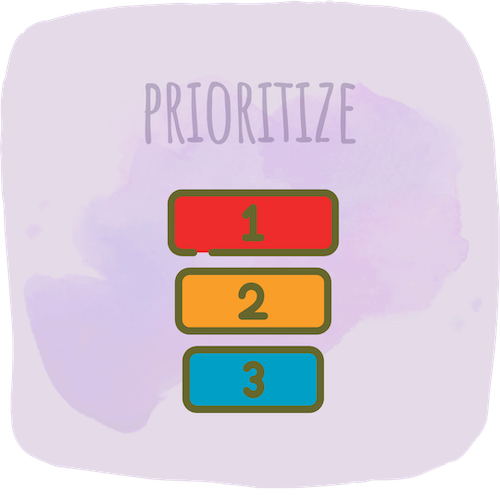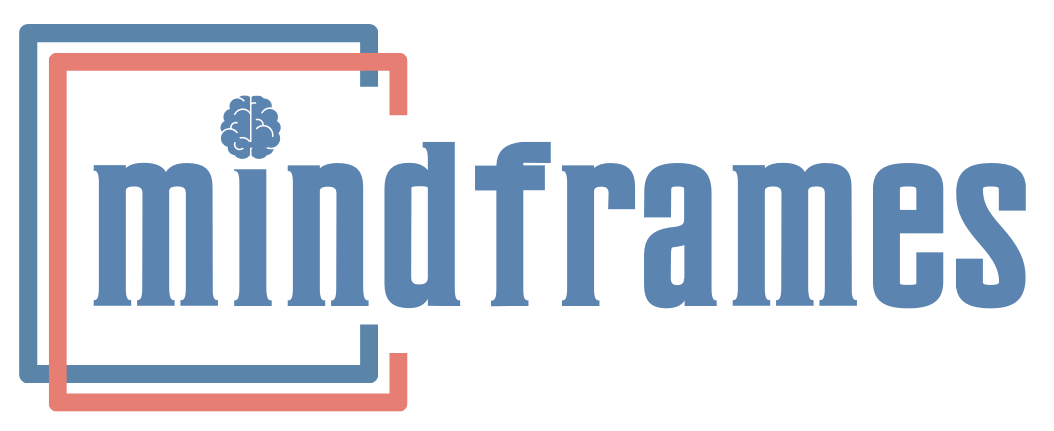Time Management Training
Time Management in Corporate Organizations
Cross functional teams in complex corporate environments carry multiple role responsibilities. With so many diverse functions, such environments are prone to distractions that derail productivity and decrease efficiency. Effective time management allows employees to focus on their work, contributing to productivity and enhancing performance. Corporate organizations have a lot to lose if employees don’t realize the importance of time. That is why time management skills are essential to developing and sustaining success for employees, teams as well as the organization.
Time is Never Enough
Problems with Time

Time Prioritization and Scheduling
The Plan to Plan
Workshop Focus
- Maintaining a positive attitude
- Keeping watch for signs of stress
- Establishing a work-life balance
- Insulation-Isolation-Delegation
- Setting gravitational goals
- The A-B-C task categorization
- Eisenhower 4 quadrant matrix
- Pareto 80-20 productivity rule
- POSEC hierarchy of realization
Workplace Suggestions
- Clearly defined responsibilities
- Better employee engagement
- Soft and executive skill training
- Open, assertive communication
- Optimum employee-job fit
- Adaptable working schedules
- Interpersonal concordance
- Revaluation of work distractions
- Transformational leadership
Workshop Style With Dr Shefali
Dr Shefali’s workshops and webinars are not isolated events. Humans lose 80% of what they listen to in ordinary conversation as well as lectures and presentations. Memory laws insist that reinforcement is imperative to cement ideas and values into the consciousness as well as subconscious automated mind.
That is why we like to precede workshops with an online assessment tool that employees complete confidentially and get individualized reports. This builds an appetite for the subject and raises questions in curious minds. After this, the workshops and webinars disperse evidence-based information delivered in a friendly and interactive manner; and we sum it up with follow up suggestions and material to take home so they can savor and imbibe it with time.
At MindFrames we support time management with the bottom-up approach of individual-level interventions (education, empowerment, training) as well as broader top-down organizational level interventions (supervisor training, manager guidance and organizational climate modification). Organizations are waking up to make the right call. And we are here to help.
Dr Shefali Batra has created diverse tools for emotional wellness evaluation, relaxation as well as mindfulness, all of which can be customized to preference in corporate wellness initiatives. All programs are customized, with flexibility in frequency, duration of workshops, analysis, assessment, educational material, and more. Please connect with us. We’re eager to make a difference.




References
- Dierdorff, E. C., (2020). Time Management Is About More Than Life Hacks. Harvard Business Review.
- Aloher, M., (2008). Fighting a war against distraction. The New York Times.
- Claessens, B. J. C., van Eerde, W., & Rutte, C. G. (2007). A review of the time management literature. Personnel Review, 36, 255-276.
Latest Posts

7 Reasons Why You Should Seek Therapy

5 Time Wasters You Need to Overcome

5 Ways To Deal With A Toxic Coworker

Journey: Why Is It Something No-one Talks About?


